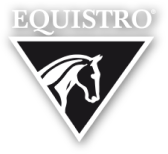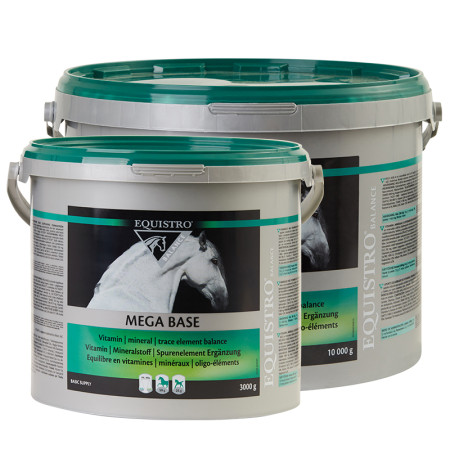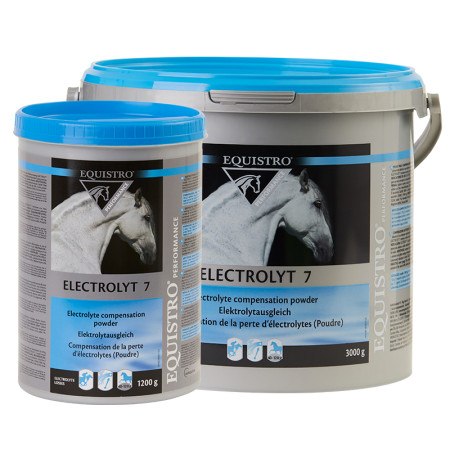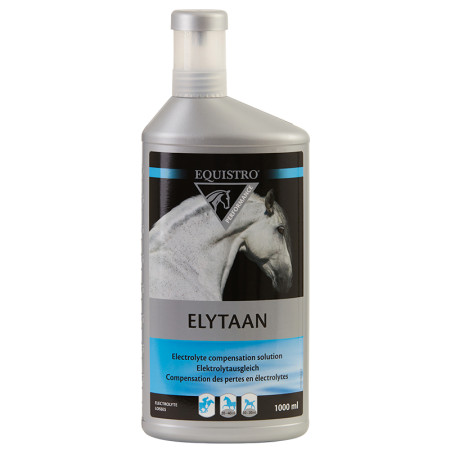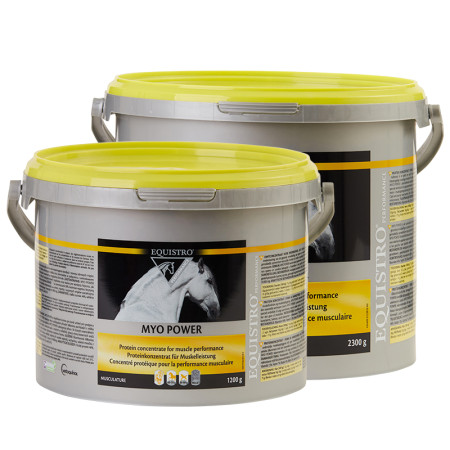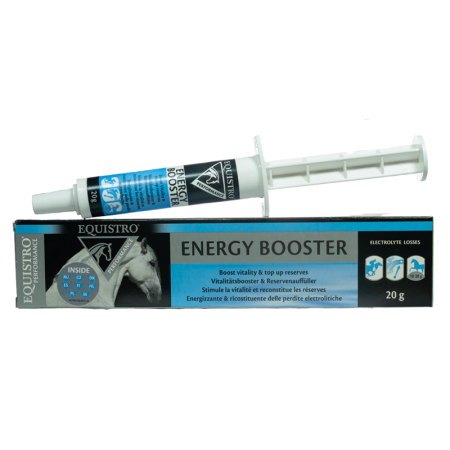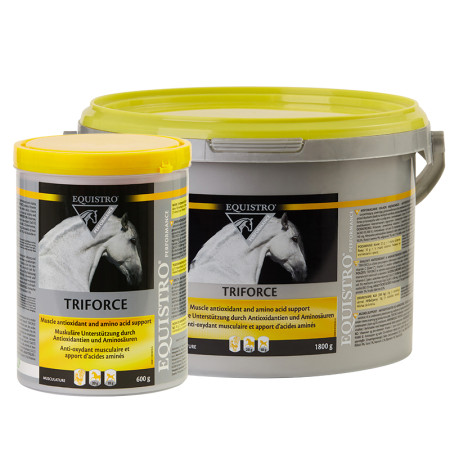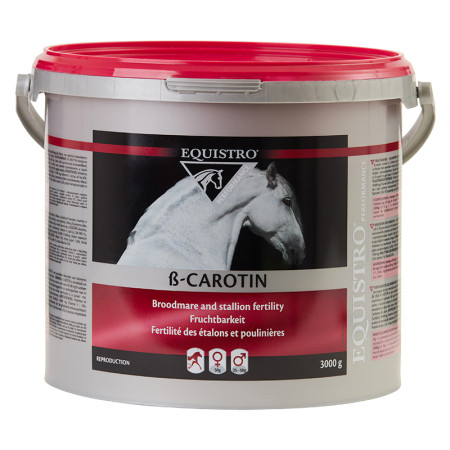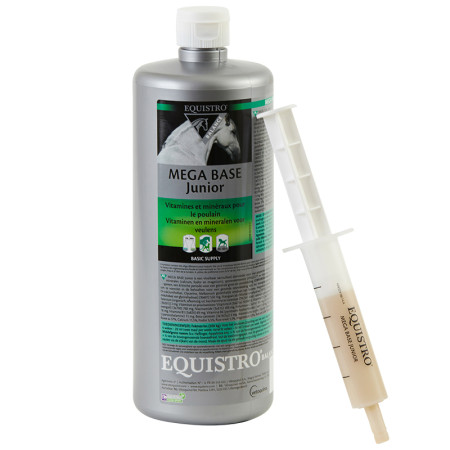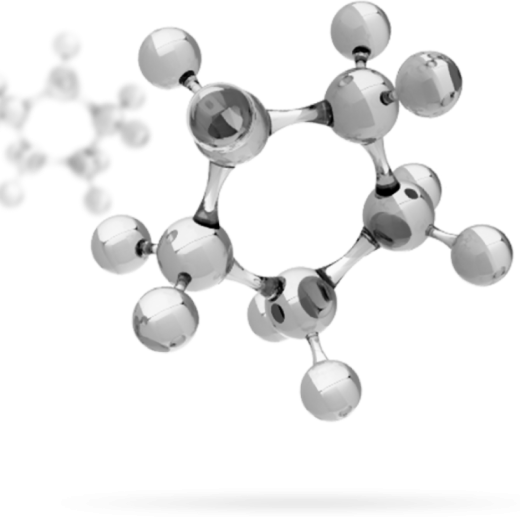
Calcium
Sources
Calcium supply in horses is often insufficient in daily diets made of hay and oats due to the low calcium content in early harvested pasture grass. An insufficient supply of calcium can be increased by phosphorus-rich feedstuffs (bran, oilseeds). Even drinking water rich in calcium does not significantly improve the calcium supply.
Daily requirements
According to the NRC recommendations (2007), the daily calcium intake of horses with 600kg body weight should be as follows:
Maintenance: 20g
Low work intensity: 20g
Middle work intensity: 25g
Heavy work intensity: 29g
Pregnancy (3rd Trimester): 30 - 70g
Lactation: 50g
Growth: 30g
Deficiency
As a result of a calcium deficiency in the feed, degradation processes occur in the bone tissue under the influence of parathyroid hormone in order to provide sufficient calcium for vital processes (e.g. heartbeat) in the blood. The permanently demineralized bones are filled with replacement connective tissue, which can lead to changes in the gait pattern, pain, non-specific lameness and even tendon ruptures and fractures.
In foals, a calcium deficiency can lead to severe limb deformities and increased susceptibility to fractures.
Temporary regulation disorders of the calcium blood level can occasionally occur in stressful situations as well as during pregnancy and lactation.
Excess
An excess of calcium is tolerated by the horse even if the norm is exceeded by up to 3 times, provided that other trace and bulk elements (zinc, magnesium, iron, manganese) are sufficiently present. Excess calcium increases renal excretion, which can lead to an increased risk of urinary stone formation in the long term.
Important to know
- Dietary phytates and oxalates bind Ca and its intestinal availability
- Unnecessarily high dietary calcium may be implicated in gastric ulcers and should be avoided
- Calcium carbonate, sulphate and oxide are common inorganic forms of Ca. Ca supplements should be mixed with grain or other palatable materials to help ensure consumption
- Vitamin D mediates intestinal absorption of Ca
- The Ca:P ratio in horse feed rations should not be less than 1:1 and not more than 3:1
